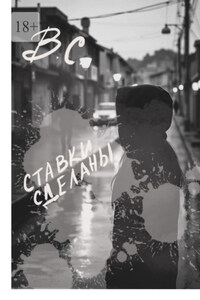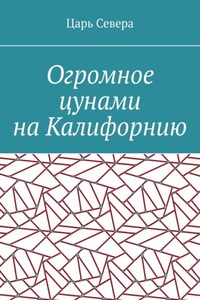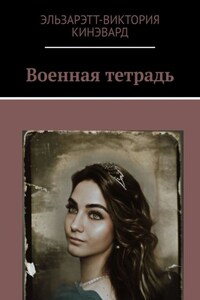Editor Kristina Golovko
Translator Evgeny Teterin
Illustrator Alexey Dmitriev
© Denis Nushtaev, 2022
© Evgeny Teterin, translation, 2022
© Alexey Dmitriev, illustrations, 2022
ISBN 978-5-0056-5355-0
Created with Ridero smart publishing system
Some minutes ago I made myself a coffee and instantly started working on the book. It is only the book that helps me to concentrate after what happened here, in this very room. Every object here inadvertently conjures my memories but even this yellow cup of coffee doesn’t help me untwine the lines of this intricate fate made of strong memory fibers. When this feeling flooded me again, I quickly tried to find a foothold for my further narration. And suddenly I remembered a childhood story – “Hoici’s True Sadness”.
Hoici could create incredibly beautiful poems full of heavenly airiness, lightness of fertile pollen, depth of blue sky seen from a mountain ridge – his rhymes were flowers, his poetry was nature, all his passion was put into mellifluent angels and they hailed him around the towns and villages. Even the Emperor of the Earth was made jealous of these poems, which were his only comfort: he left the palace and after a long time in the densest forests found errant Hoici.
Out of endless anguish, the Emperor stopped eating, his feverish mind couldn’t stand any thoughts and so he barred his contemplations in every way, he inflicted punishment on himself exhausting his very being. “Don’t, – said Hoici. – If my poems make you suffer, then they are bad poems and I will not write them again”. “I beg, write one more or I will blame myself on Earth and in Heaven for shattering your inspiration”. And Hoici wrote his last creation – a poem of true sadness of falling leaves, opening chrysalis, passionate heart, awakening spring and all the basic reality, as well as the poem of his only love which encased all his art with vacuum, making this art unearthly. And Hoici said: “My poem is now going to Heavens to settle in the realms of Izanami. But my beloved will be reborn and she will sing this poem, and I will meet her in my new flesh, and our souls will live in this world forever because we beheld the true sadness.” The Emperor saw Hoici’s soul divide into a plenty of souls and Hoici’s poems turn into four woman’s hairs, of which the Emperor made a musical instrument. He tried to reproduce the melody of the poem to tell Hoici’s story but failed to find a proper tune – this way he spent twenty years in this forest until he despaired and told his story. It was different, it had a different tune but only it could comfort the Emperor’s anguish – it made him almost happy.
Hoici’s story is very long and I will return to it because it was this story that helped me feel the irony of what had happened, dive into the deep and sweet and rich incomprehension. And now I also want to tell my story of “true sadness”, genuine for all possible worlds; but having poor imagination and no poetic talent, I am able to present it only in the form of a short essay, made of stories, opinions and fantasies of other people, from the past and the present, and my own notes where I have been trying to find the answers to three questions that scrape my soul. The first one definitely tortures every resident of our island from the very childhood – do we have to go beyond the borders of the island, and are we complete idiots when we try to answer this question? The second one is my naïve hypothesis – is human imagination the only reality? Maybe, we must seek the answers in it? The third one is a part of my personal story – what happened to my friend? The answer to it will give the clue to understand the first two to the full extent, as its mystery lies in a real and tragic life of my friend who tried to go beyond the border but couldn’t handle the inconstancy of his nature, plopped on the banality of reality and in the end couldn’t stand the prosaism of human spirit.
I never noticed Alan’s sufferings. Our friendship was built on endless dialogues, due to which we found the way to other spheres, ornamented our own mindset and in which Alan always went further than me, usually forgetting where he started. But now his sufferings mystically cut the fabric of my perception to different individual realities, forcefully tore the alive and full-blooded organism into several parts, and the new wholesome perception of the man who – as I thought I knew well – came to me only through the interpretations of memory free of impression.
Through the weeping canopy of a tree, into my room comes the morning ray of light. Sizzling all the trifles on my desk as if it wants to seize the cup which Alan presented to me. If there is anything that can return Alan into this world by some mystic ceremony, this china cup is the best gangway between the worlds. Its round stumpy shape creates the vacuum within, its elegant handle connects this vacuum with our world and a coffee bean image on its bottom reminds me of the unstoppable force of human fantasy. Please stay with me in this room for some time so that I can’t feel so miserable – the thought of this text being read warms my human nature incredibly.








